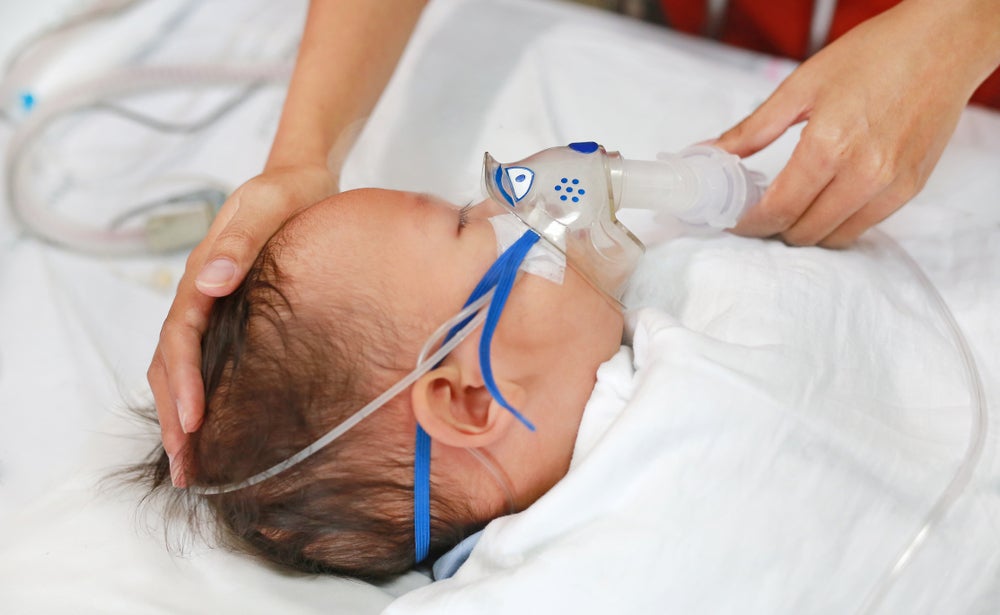National RSV Awareness Month is observed each October in the US, to align with the start of the respiratory syncytial virus (RSV) season. RSV is a common viral infection that represents a substantial health burden, and can pose serious risks to infants, older adults and immunocompromised individuals. The campaign highlights the global health and economic burden of RSV, and encourages the public to engage in preventative measures, including immunisation.
In recent years, the prophylaxis landscape has transformed following decades of stagnation. Several monoclonal antibodies (mAbs) and vaccines have gained approval in the US since 2023, reshaping prevention strategies across paediatric and adult populations.
According to GlobalData forecasts, the US RSV prophylaxis market will generate $2.7 billion in sales in 2025, the vast majority of which will be attributable to mAbs and vaccines approved within the past two years. These include mAbs approved for the protection of infants — AstraZeneca/Sanofi’s Beyfortus (nirsevimab), approved in 2023, and Merck’s Enflonsia (clesrovimab) approved in 2025 — alongside adult-targeted vaccines such as GSK’s Arexvy and Pfizer’s Abrysvo, both approved in 2023, and Moderna’s mRESVIA, approved in 2024.
Despite this progress, RSV treatment options remain strikingly limited. Management of severe disease continues to rely on supportive care, with the broad-spectrum antiviral ribavirin rarely used due to modest efficacy, delivery complexity and safety concerns. The lack of viable therapeutics reflects several barriers to the development of antivirals in this space, including RSV’s genetic variability, inconsistent efficacy across trials and the safety challenges of treating vulnerable populations such as infants and pregnant women.
The clinical pipeline, however, signals potential change. Companies active within this space include Enanta Pharmaceuticals, which is developing two direct-acting antivirals, zelicapavir (EDP-938, targeting the N-protein) and EDP-323 (targeting the L-protein), both of which have received fast-track designation from the FDA. Zelicapavir recently missed its primary endpoint of time to resolution of a subset of four lower respiratory tract disease symptoms to mild for zelicapavir relative to placebo in the Phase IIb RSVHR trial for high-risk adults. However, other secondary endpoints were met, such as time to improvement in the Patient Global Impression of Severity (PGI-S) score, and lower hospitalisation rates. EDP-323 has also shown promising viral load reductions in early-phase studies.
Unless effective therapeutics enter the market, RSV treatment progress will remain incomplete. Prophylactic mAbs and vaccines can reduce incidence but do not address patients who develop severe infection. With RSV continuing to cause thousands of hospitalisations in at-risk groups annually in the US, the need for novel antivirals is pressing. Industry, governments and global health stakeholders must prioritise accelerated investment in RSV therapeutics to complement prevention efforts and reduce long-term disease burden.

